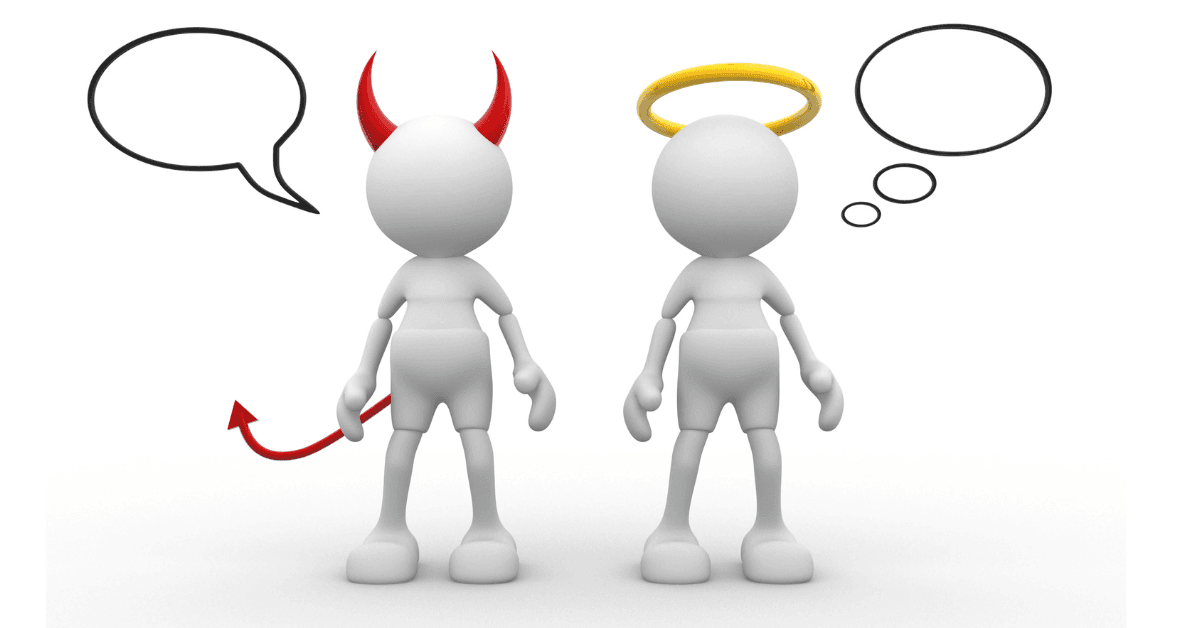The Rice Purity Test: Does It Really Determine Your Character?
Examine whether the Rice Purity Test truly reflects character or merely catalogs experiences. Discover why a simple score can't capture the context, intention, and meaning behind your life choices.

The soft glow of a laptop screen illuminates a circle of college freshmen, their faces a canvas of emotions—curiosity, embarrassment, excitement—as they navigate the infamous Rice Purity Test together. I remember that moment from my own college days: the nervous laughter, the whispered confessions, the playful accusations as numbers were revealed. This digital rite of passage has been threading through dormitory lounges since the 1980s, prompting us to translate our most intimate experiences into clinical checkboxes and numerical scores. But as those numbers flashed across our screens—some proudly high, others defiantly low—I couldn't help but wonder: can the complexity of who we are truly be captured in a single number? Can the mosaic of our character, with all its light and shadow, really be reduced to where we fall on a purity spectrum?
What is the Rice Purity Test?
Born in the hallowed halls of Rice University, this seemingly simple questionnaire has traveled far beyond its Houston origins to become a cultural touchstone of college life. There's something almost poetic about how these 100 questions—ranging from innocent inquiries about hand-holding to more provocative probes into our intimate lives—attempt to quantify the unquantifiable. I still recall the weight of each question as I considered it, how each checkbox felt like opening a small door to memory: that first kiss under starlight, that night of rebellion when boundaries were tested, those quiet moments of growth that shaped who I would become. The test doesn't just ask what we've done; it asks us to reflect on the experiences that have woven themselves into the fabric of our becoming—for better or worse, with joy or with regret.
How is the Rice Purity Test scored?
The mathematics seems so straightforward: 100 questions, each worth a point on your journey from "perfect purity" to "complete experience." Yet there's an exquisite tension in watching that final number calculate—a strange vulnerability as an algorithm attempts to distill the poetry of your life into prose. I remember the collective breath held as scores were revealed among friends; the strange mix of pride and shame that could accompany either high or low numbers. A score near 100 might be worn as a badge of careful choices or lamented as evidence of adventures not taken. A score dipping toward zero might be brandished as proof of a life fully lived or carried quietly as a record of regrets. But what strikes me most is how the same numerical value can represent such vastly different life stories—how a single score can never capture the context, the emotion, the meaning behind each experience it attempts to measure.
Does the Rice Purity Test really determine your character?
There's a moment I'll never forget: sitting with my roommate after we'd both taken the test, our scores separated by nearly forty points. On paper, we appeared to be fundamentally different people—one seemingly "pure," the other apparently not. Yet I knew the depth of her compassion when I was heartbroken, how she stayed up all night with a suicidal hallmate, how she volunteered every weekend at the local shelter. None of these acts of character had corresponding checkboxes on the test. And what of my other friend, whose high score masked a tendency toward judgment and cruelty? The truth whispered to me then, and echoes still: our character lives not in what we have or haven't done, but in how we've done it—with what intention, with what kindness, with what growth afterward. Character resides in the spaces between checkboxes, in the stories that no algorithm can capture, in the way we hold both our choices and the choices of others with compassion rather than judgment.
The Bottom Line
As the years have passed since my own encounter with the Rice Purity Test, I've watched friends revisit it at different life stages—sometimes with amusement at how their scores have changed, sometimes with reflection on how they themselves have transformed beyond what any questionnaire could measure. Perhaps the true value of this decades-old survey isn't in the final tally at all, but in the mirror it holds up to our relationship with judgment—both of ourselves and others. If the test leaves you with anything, let it not be a number to wear proudly or shamefully, but an invitation to a deeper conversation: about the experiences that have shaped you, about the meaning you've made from them, about the person you're becoming beyond any metric of "purity." Because in the end, your character isn't determined by checkboxes checked or left blank—it's written in how you love, how you learn, how you rise from mistakes, and how you hold the beautiful, messy complexity of being human.